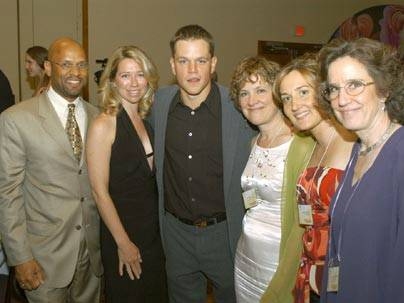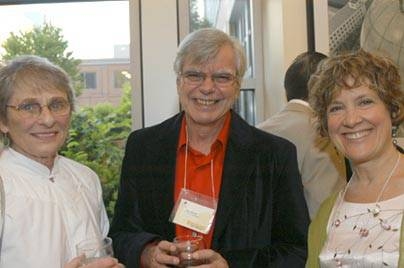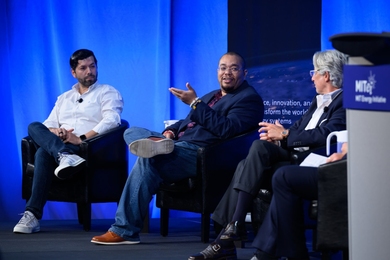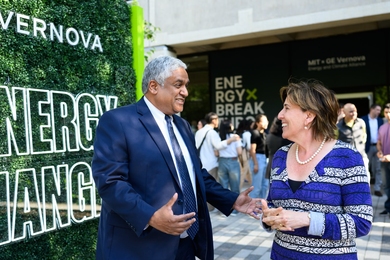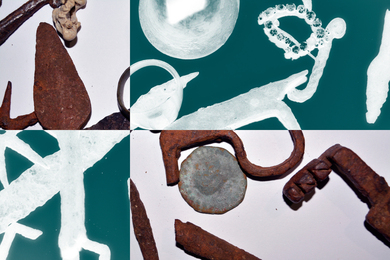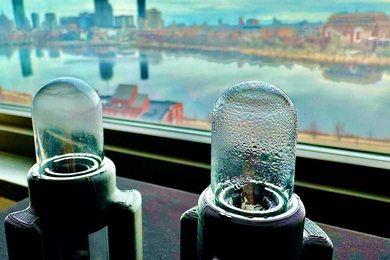Cambridge native Matt Damon, who rose to stardom playing an MIT janitor and math genius in "Good Will Hunting" (1997), returned to the city on Saturday, June 25, for a theater benefit held at the Hotel@MIT.
"Breaking New Ground: An Event to Benefit Central Square Theater and to Honor Matt Damon" launched the public capital campaign to build a new theater on property owned by the Institute at 450 Massachusetts Ave. The building will house the award-winning Nora Theatre Company and the Underground Railway Theater (URT).
The benefit, attended by 135 people who each contributed $1,500, was hosted by comedian Jimmy Tingle and included a video by Adams House Productions, which was involved in Damon's Project Greenlight. There were also reminiscences from Damon's high school drama teacher Gerry Speca and an "Inside the Actor's Studio"-style interview with Damon led by local director and theater administrator Scott Edmiston.
MIT will construct and own the building and has agreed to provide a 20-year lease at below-market rent to the operating theater companies. Nora and URT are responsible for raising the funds for a state-of-the-art theater interior. Scheduled to open in the 2006-07 season, the facility will include two performance spaces--a 175-seat black box theater and a 50-seat black box theater--as well as a set shop and dressing rooms.
Alan Brody, MIT's associate provost for the arts and an award-winning playwright, called the event a "great success" and noted that Damon said he was impressed that MIT was leasing the property to URT and Nora. Damon made his professional theater debut in the Nora's 1992 production of Steve Tesich's "Speed of Darkness."
Neither the Nora nor URT has ever had a permanent home. The companies approached MIT several years ago asking to collaborate on a proposed theater facility on the site of the vacant Bradford Building, the oldest building in Central Square (1806).
When the collaboration was announced in 2003, MIT Executive Vice President John R. Curry said, "MIT sees the theaters, as well as our own restoration of the historic Bradford Building, as another space in the bridge between the Institute and the city, and as a magnet attracting Cambridge residents toward the campus and attracting MIT students, faculty and staff toward the increasingly vital Central Square. This is a three-way win--for the city, the arts and MIT--achieved through hard work and goodwill."
"I'm proud of our ability to provide the theater companies with a home, not only because of their quality but because of the model of collaboration and cooperation their plans represent," Brody said in the 2003 announcement.
Founded in 1988, the Nora produces contemporary theater and modern classics, and champions the voice of women. Underground Railway Theater, founded 25 years ago, features actors, puppetry and music. URT seeks to connect high-quality professional theater with communities through original plays and rigorous educational programming.
